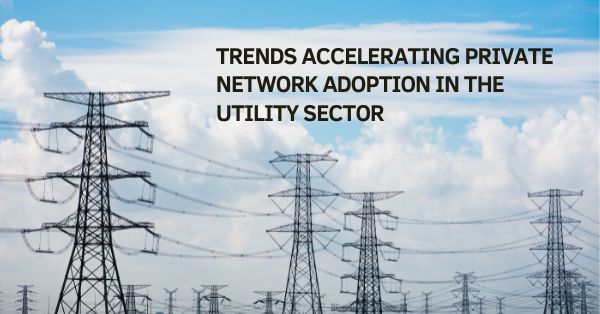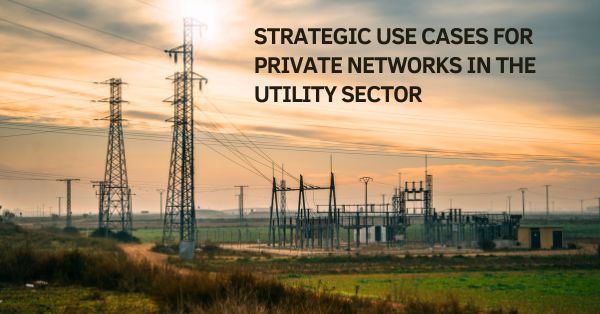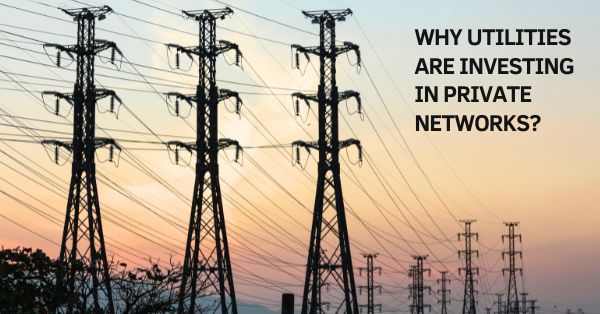Verizon Business and KPMG LLP have collaborated as part of their alliance relationship to deliver 5G solutions designed to help transform the healthcare and life sciences sectors. KPMG has now deployed Verizon’s Private 5G wireless network into its Ignition Center inside KPMG Lakehouse to further that collaboration. Building on top of this next-generation network, KPMG is creating a Healthcare Lab experience where clients can interact and experiment with the latest in healthcare technologies while helping to define their own future healthcare vision powered by Verizon 5G.
“5G has the power to transform industries and will become the backbone for communications for the future,” said Fiona Grandi, Lead Partner, Verizon, KPMG LLP. “Our collaboration with Verizon and implementation of Verizon 5G in our Ignition Center at Lakehouse will help accelerate the ability for our clients, and ourselves, to adopt new and emerging technologies enabling the transformation of operations while also improving customer experience.”
The Verizon and KPMG alliance is focused on developing a suite of solutions and use cases to enable seamless, reliable, and secure communications across the healthcare industry and help transform operations. These solutions will support the future of healthcare by creating interconnected hospital operations that optimize provider scheduling, support diagnosis activities, and simplify patient interactions to drive a better patient experience and increase insights into overall patient health, at home or at a medical facility.
“By bringing together Verizon’s 5G with KPMG’s deep industry experience and track record in improving business processes, we plan to deliver cutting-edge solutions that will close the gap between legacy hospital environments and digital business operations and unlock the value of the end-to-end digital enterprise,” said Jennifer Artley, Senior Vice President, 5G Acceleration, Verizon Business. “This collaboration is part of Verizon’s broader strategy to align with enterprises, startups, universities, ecosystem partners and government to explore how 5G and edge compute can disrupt and help transform nearly every industry.”
The Healthcare Lab at KPMG Lakehouse, located in the innovative and strategically planned community of Lake Nona, has been designed to enable a next-generation digital healthcare experience for clients. Leveraging the latest emerging technologies, including Verizon 5G, the Healthcare Lab will create an immersive experience to ignite clients’ creativity and drive innovation. Innovations and topics explored at the Healthcare Lab include AI and computer vision imaging analysis, AR/VR for surgery planning, the enablement of sustainable buildings, and using technology to bridge the health equity gap. Each client experience is tailored and customized to meet the desired business outcomes with maximized benefit from these emerging technologies.
“The future of healthcare will increasingly involve digital technologies and solutions designed to transform the healthcare industry by providing a streamlined patient/provider experience and ultimately improving patient outcomes,” said Greg Corlis, Principal in KPMG’s Emerging Technology group. “Upgrading to a private 5G network with Verizon at Lakehouse will help us and our clients embrace and experiment with emerging technologies.”
Verizon operates several 5G Labs in the U.S. that specialize in developing use cases in industries ranging from healthcare to public safety to entertainment. In addition, Verizon is collaborating with various customers to establish 5G Innovation Hubs on-premises as part of an ongoing initiative to co-innovate and create new 5G applications. Learn more about Verizon 5G technology here.
KPMG and Verizon will be further demonstrating our collaboration at this year’s 2023 Lake Nona Impact Forum. This forum is committed to leading the conversation for building the Wellbeing Ecosystem of the Future, exploring the intersections of health, wellness, medical and scientific innovation, and strategies to optimize human performance. This annual event inspires innovation that has a direct impact on our global communities. Verizon and KPMG will be demonstrating how 5G and edge compute enable leading edge technologies in home healthcare, digital patient experience and health equity technology-driven startups.



























